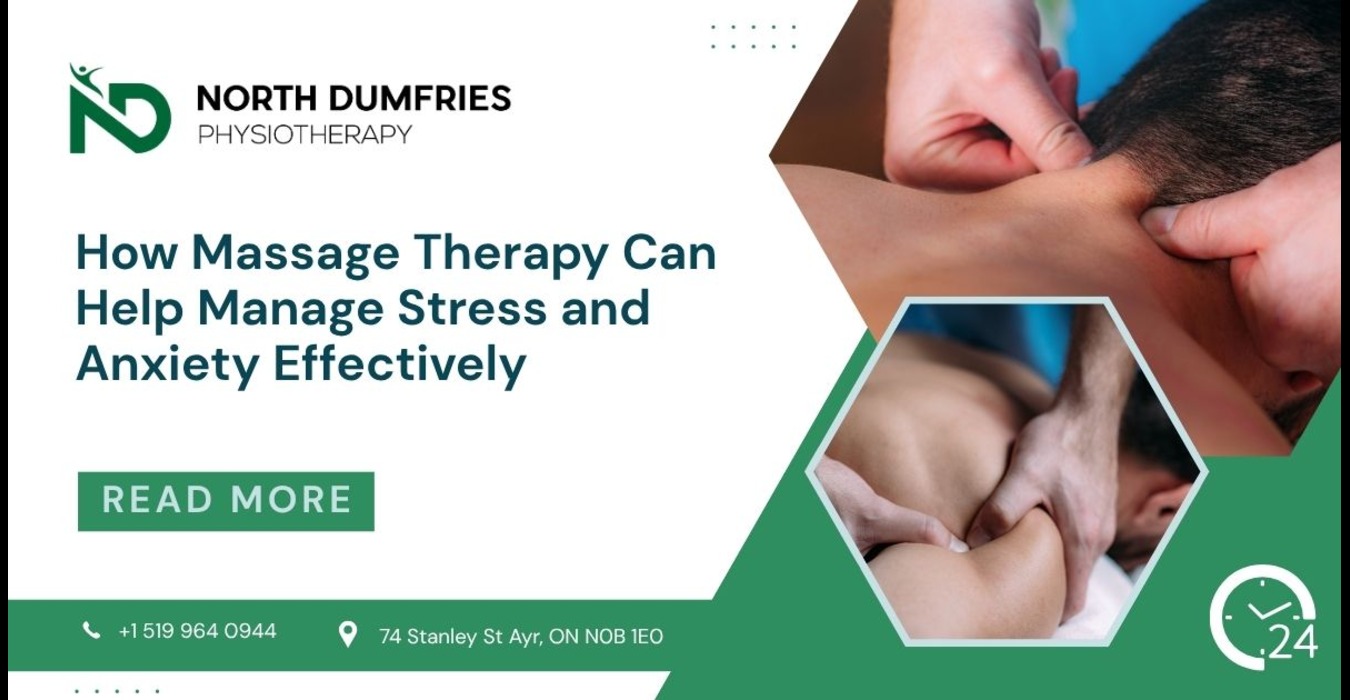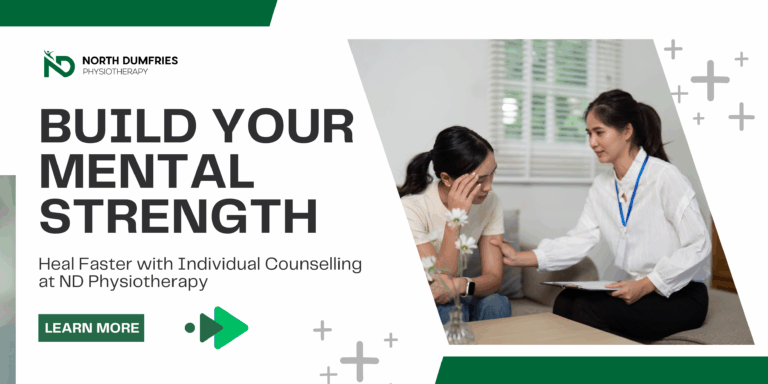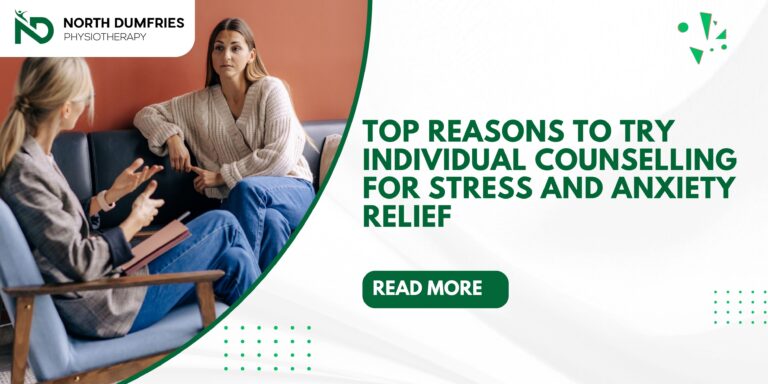Stress and anxiety are now part of everyday life. Almost everyone feels overwhelmed at some point. It could be because of work, family issues, or even scrolling social media. The mind feels tired and the body starts to feel it too. You may get headaches, poor sleep, or just feel mentally drained. While therapy and medication can help but still people are now turning to natural methods. One of the most effective options is massage therapy. It is not just relaxing. It actually helps your brain and body feel better. In this blog, we will explain how massage therapy works for stress relief and why it is great for managing anxiety.
Understanding the Mind-Body Connection
Stress doesn’t just stay in your head. It reflects in your body too. You may feel it as tight shoulders, a heavy chest, or a stiff neck. Some people get headaches or feel tired all the time. Others have trouble sleeping or feel anxious for no clear reason. This is because the mind and body are closely linked. Your body reacts to it when your brain feels pressure.
In fact, about 77% of people say that they feel physical symptoms due to stress. These symptoms often include muscle pain, fatigue, and tension headaches. That is your body trying to tell you something is off.
In this type of situation massage therapy for anxiety management can help a lot. It starts by calming the body. And when your body begins to feel safe and relaxed, your mind slowly follows.
How Massage Therapy Helps With Stress and Anxiety
Massage therapy is not just about feeling relaxed for a few hours. It actually helps your brain and body work better together. Regular sessions can create real changes in your mood, sleep, and overall health. Here is how it works:
Reduces Cortisol Levels (Stress Hormone)
Cortisol is the hormone your body releases when you are stressed. High levels of cortisol can lead to anxiety, mood swings, and sleep problems. Massage helps lower cortisol naturally. In fact, research shows that a single 60-minute massage can reduce cortisol levels by up to 30%. That is a big relief for both your body and your mind.
Boosts Serotonin and Dopamine (Feel-Good Hormones)
Serotonin helps with mood balance and calmness, while dopamine boosts motivation and pleasure. Massage therapy increases the levels of both. This is why many people feel lighter, happier, and more focused after a session. These feel-good chemicals play a key role in managing anxiety and depression.
Activates the Parasympathetic Nervous System (Rest & Digest Mode)
Your body has two modes that are fight-or-flight and rest-and-digest. Stress keeps your body stuck in fight mode. Massage helps flip that switch. It slows your heart rate and deepens your breathing. This activates the parasympathetic nervous system, which tells your body that it is safe to relax.
Improves Melatonin Production (Sleep Hormone)
Melatonin is the hormone that helps you sleep. Stress and anxiety often lower melatonin levels that make it harder to rest. Massage encourages melatonin production. It helps you fall asleep faster and stay asleep longer.
These are some of the most powerful benefits of massage for stress reduction. Your body learns how to stay calm even during tough times with regular sessions.
Best Massage Techniques for Anxiety Relief
Not all massages are the same. Some techniques are more effective for calming your mind and relaxing your body. Below are the most recommended massage techniques for anxiety relief that are backed by research and experience:
Swedish Massage
This is the most common type of massage. It uses long, gentle strokes that improve blood flow and relax tense muscles. Swedish massage is perfect for beginners and those who want overall relaxation. It is proven to reduce anxiety and boost your mood.
Deep Tissue Massage
Deep tissue massage focuses on the deeper layers of muscle. It uses slow, firm pressure to release tension that builds up from chronic stress. While slightly intense, it helps your body let go of tightness that can increase anxiety.
Reflexology
This technique targets pressure points in your feet, hands, and ears. These points are connected to different organs and systems in your body. Reflexology helps bring balance to your nervous system and is especially helpful for people who don’t like full-body massage.
Aromatherapy Massage
This combines gentle massage with calming essential oils like lavender or chamomile. The oils work through your sense of smell to promote relaxation. When paired with massage, aromatherapy can lower heart rate, blood pressure, and stress levels.
Shiatsu
Shiatsu is a Japanese technique that works on energy lines across your body. It uses finger pressure to release blockages and improve energy flow. Shiatsu is deeply relaxing and often used to treat anxiety and fatigue.
Each of these therapeutic massage for mental health options can be tailored to your comfort level. You don’t have to stick to one, you can try different ones to see which works best for your stress and anxiety.
The Science Behind Massage and Mental Health
Massage therapy doesn’t just feel good, it works on a biological level. It lowers cortisol, the primary stress hormone, and boosts serotonin and dopamine, which are known as feel-good chemicals.
Research supports this too:
- A study in The Journal of Clinical Psychiatry found that massage therapy reduced symptoms in patients with Generalized Anxiety Disorder (GAD) by nearly 50% over 12 weeks.
- According to the American Massage Therapy Association (AMTA), 43% of people use this therapy specifically to reduce stress.
- The University of Miami discovered that even a 15-minute chair massage at work improved mood and reduced anxiety significantly.
All this shows one thing clearly that therapeutic massage is not just a luxury. It is a science-backed, effective approach to managing emotional wellness.
The Vagus Nerve and Emotional Healing
Massage therapy doesn’t just relax your muscles, it also stimulates the vagus nerve which is a key part of your parasympathetic nervous system. This nerve connects your brain to important organs like your heart, lungs, and digestive system.
When activated through therapeutic massage:
That is why some people experience emotional release during a session including crying or feeling unexpectedly lighter. It is your body letting go of deep, stored stress.
This makes massage therapy even more powerful for your emotional health. It is not just about physical tension. It is about healing from the inside out through the brain-body connection.
Conclusion
Massage therapy is more than just a feel-good experience, it is a scientifically backed way to reduce stress, calm anxiety, and support emotional wellness. From lowering cortisol and boosting dopamine and serotonin, to releasing tension stored deep in the muscles, calming massage treatment creates big changes that reach both body and mind.
When done regularly and combined with healthy habits, massage becomes a powerful self-care tool not a luxury, but a necessity in today’s fast-paced world.
If stress, anxiety, or emotional fatigue are holding you back then don’t ignore the signs.
Book your therapeutic massage at North Dumfries Physiotherapy and give your mind and body the care they deserve.








